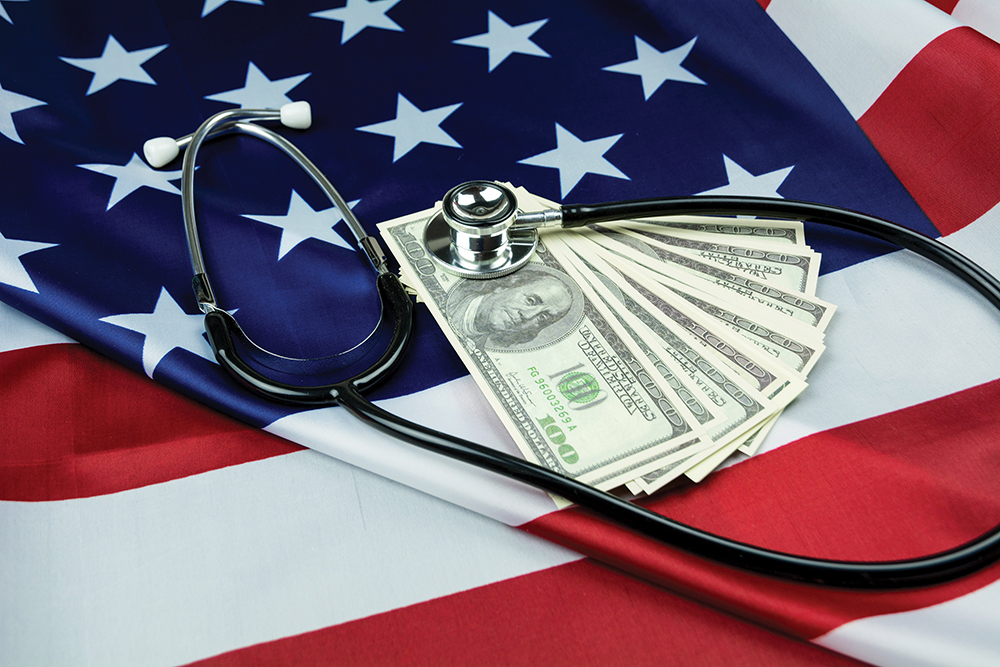Q: What exactly are Health Savings Accounts (HSAs)? Should I pick a healthcare plan that allows me to invest in an HSA?
A: It’s hard to know for sure without knowing all your details, but you might be surprised to hear that HSAs are among the best long-term savings vehicles available in the United States. This is true even if you don’t spend a dime of the money on actual healthcare for years — or possibly even ever. Ironically, it’s especially a great deal if you’re young and healthy with few healthcare costs.
Many of us remember the Flexible Spending Accounts (FSAs) popular in the past, where you might get $600 a year and the money was use-it-or-lose-it by the end of each year. That is totally different from an HSA. In fact, it’s probably best if you never use the debit card from your HSA account, or at least save it for emergencies only.
HSAs are like a turbocharged IRA, not an account to use for today’s medical bills if you can help it. They are potentially a triple tax-free opportunity. This means:
• Contributions to the account are generally income tax-deductible, just like a traditional IRA. In many plans, you even save the payroll tax if contributions come out of your paycheck — and no IRA can do that. Just like an IRA, you get the money saved in your HSA; plus, you get a percentage of it back on your taxes at the end of the year.
• You can invest the money in your HSA. Prominent custodians have all kinds of options for investments that can almost certainly be a part of whatever overall investment plan you or your advisor have developed. The money grows tax-free, just like in a traditional IRA, Roth, or 401k plan. This means when you buy and sell securities in this account to rebalance or change investments, you don’t pay capital gains taxes on realized appreciation within the account. Dividends are not taxed as they are received.
• If you take the money out and use it for qualified medical expenses, you don’t pay any tax then, either. So in that way, an HSA works like a Roth IRA in the end. And, if you wait until you’re 65, you can pull the money out for any reason, and it’s simply taxed as ordinary income. So in one of the worst-case scenarios, the account ends up working very much like a traditional IRA. But if you play your cards right, you’ll never get taxed on this income, either, because you can withdraw the money at any time for authorized healthcare expenses, even including things like long-term care insurance premiums. You can even save healthcare receipts in case you need money in the future — there’s no requirement to reimburse your medical expenses in the same year they’re incurred.
What’s the downside to an HSA? If you suddenly need money and simply must tap into your HSA for non-healthcare expenses, you’ll pay ordinary income tax rates plus a 20 percent penalty on those withdrawals. That’s even worse than the 10 percent early withdrawal penalty for IRAs, so HSAs aren’t a great substitute for an emergency fund. Also, HSAs are not good vehicles to transfer wealth to the next generation, which may be a consideration when spending down assets in the future.
HSAs can definitely serve as a healthcare emergency fund, though, and these accounts combine some of the best features of traditional IRAs and Roth IRAs along with other special benefits.
If you don’t have an HSA, talk to your financial advisor to see if one could be right for you. If you do have an HSA, don’t swipe that card if you can help it!
Have a question or topic you’d like to see covered in this column? Contact the author at ggard@telarrayadvisors.com. Gene Gard is Co-Chief-Investment Officer at Telarray, a Memphis-based wealth management firm that helps families navigate investment, tax, estate, and retirement decisions.
